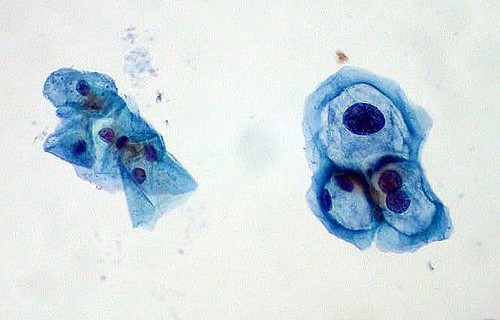DNA Testing to Replace Pap Smear

Testing for HPV has always been done through a Pap smear test, and has proved very successful overall. However, the Food and Drug Administration (FDA) has just expressed its approval of a DNA test that is supposedly even more effective at detecting the dangerous virus, potentially making Pap smears a thing of the past.
An advisory committee consisting of experts representing the FDA unanimously agreed that a DNA test, developed by the drug company Roche, should shortly obtain FDA approval as an acceptable alternate testing option for the human papillomavirus (HPV). According to the committee, who reviewed statistical and clinical reports from Roche, this new test has proven to be more effective at identifying HPV than Pap smear tests.
Pap smear tests analyze cellular samples taken from the cervix of a female patient in order to determine if the patient is exhibiting signs of HPV or cervical cancer. The test has been the tried-and-true testing option for approximately 60 years. However, according to the FDA, the new test from Roche identifies signs of the virus with even greater accuracy by looking for abnormalities in the DNA of a patient that would indicate the presence of HPV or its resulting cancer.
According to the National Cancer Institute, the HPV Pap smear test cannot be 100 percent accurate because there is always the likelihood that the sample taken simply does not contain abnormal cells that are actually present on the patient's body. There is also the chance that cells have yet to exhibit signs of abnormalities even after a HPV infection. With DNA sequencing, the chances of missing well known genetic markers is significantly less.
The Pap smear test has been recommended to be taken at least every three years after the age of 21 in women. According to a New York Times report, the DNA test has been approved for immediate testing in women past the age of 25.
It should be noted that although the DNA test is considered more effective, not every medical facility in the nation has access to regular DNA sequencing. Because many clinics will take a long time to incorporate the new test into their routine practice, it may take years before DNA tests are more regularly used to detect HPV than traditional Pap smear testing.
Source: The New York Times
Mar 13, 2014 05:13 PM EDT





